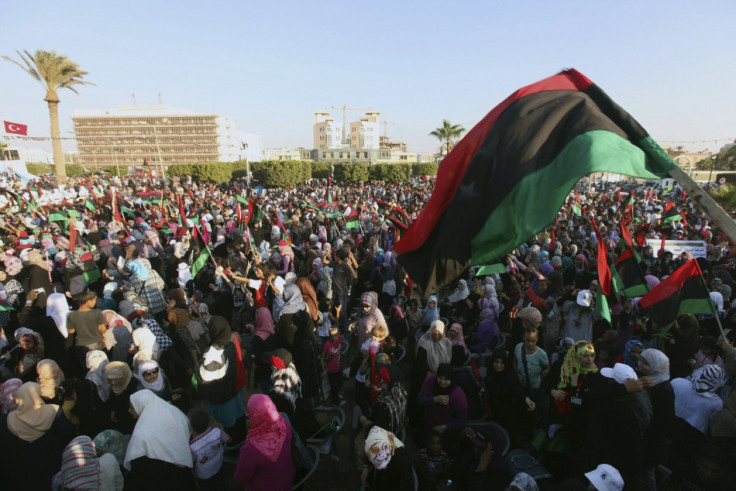The Free Syrian Army: Is the Anti-Assad Movement Splitting, Turning Violent?

A group reportedly made up of Syrian military defectors, calling itself the Free Syrian Army, says it is fighting to overthrow President Bashar Assad's "murderous" regime.
Riad al-Asaad, an air force colonel who escaped to Turkey and presents himself as the group's leader, said his forces now number 10,000 and called on other opposition activists and fellow soldiers to join him.
"They will soon discover that armed rebellion is the only way to break the Syrian regime," he said. "I call on all the honourable people in the Syrian army to join us so we can liberate our country. It is the only way to get rid of this murderous regime."
Despite months of protests and various international calls for Assad to step down, the Syrian regime has continued its brutal and deadly crackdown on protesters for six months, leading to a complete breakdown of communication.
Civilians have become more and more fearful of the regime forces and many insist they now must arm themselves for their protection.
Repeated attacks on peaceful protesters, the lack of security in the streets and the inability of the U.N. Security Council to come up with a united front on the Syrian question have led analysts to fear that what started as a peaceful movement could turn into an armed one.
The Libyan model, advanced as a triumph by both the new transitional government and the NATO countries, is becoming increasingly attractive in Syria, but observers warn of the risks of civil war.
Shadi Hamid, director of research at the Brookings Doha Centre in Qatar, told the AFP: "The Libyan model is looking increasingly attractive to the Syrian opposition, " before describing the new anti-Assad army as a "high-risk, high-reward situation."
"But the flip side of that is that it gives the regime ... a pretext to wipe out a city, so it is a very risky move," Hamid added.
With U.N. reporting the crackdown has left more than 2,700 people dead, on Monday the United States warn the uprising could start turning violent.
The Syrian protests movement, however, has maintained its legitimacy by sticking to peaceful protest, and a resort to armed struggle could lead other Arab states that have reprimanded Assad to regroup behind him.
By refusing to give up attacking civilians, the militarily superior regime is almost pushing them to violence.
Warning that weapons can easily be smuggled in through the porous borders with Lebanon and Iraq or by sea, Riyad Kahwaji, head of the Institute for Near East and Gulf Military Analysis in Dubai, said recently: "There are reports of guerrilla-type or ambush attacks against the shabiha (government militia) or soldiers and of armed clashes in wooded areas and valleys in border zones. However, that does not mean that the uprising has already turned into a military conflict."
While dissidents last month announced the formation of an opposition council, the emergence of the Free Syrian Army proves the anti-Assad movement is splitting into different branches, which is unfortunately is probably what Assad wants.
© Copyright IBTimes 2025. All rights reserved.





















